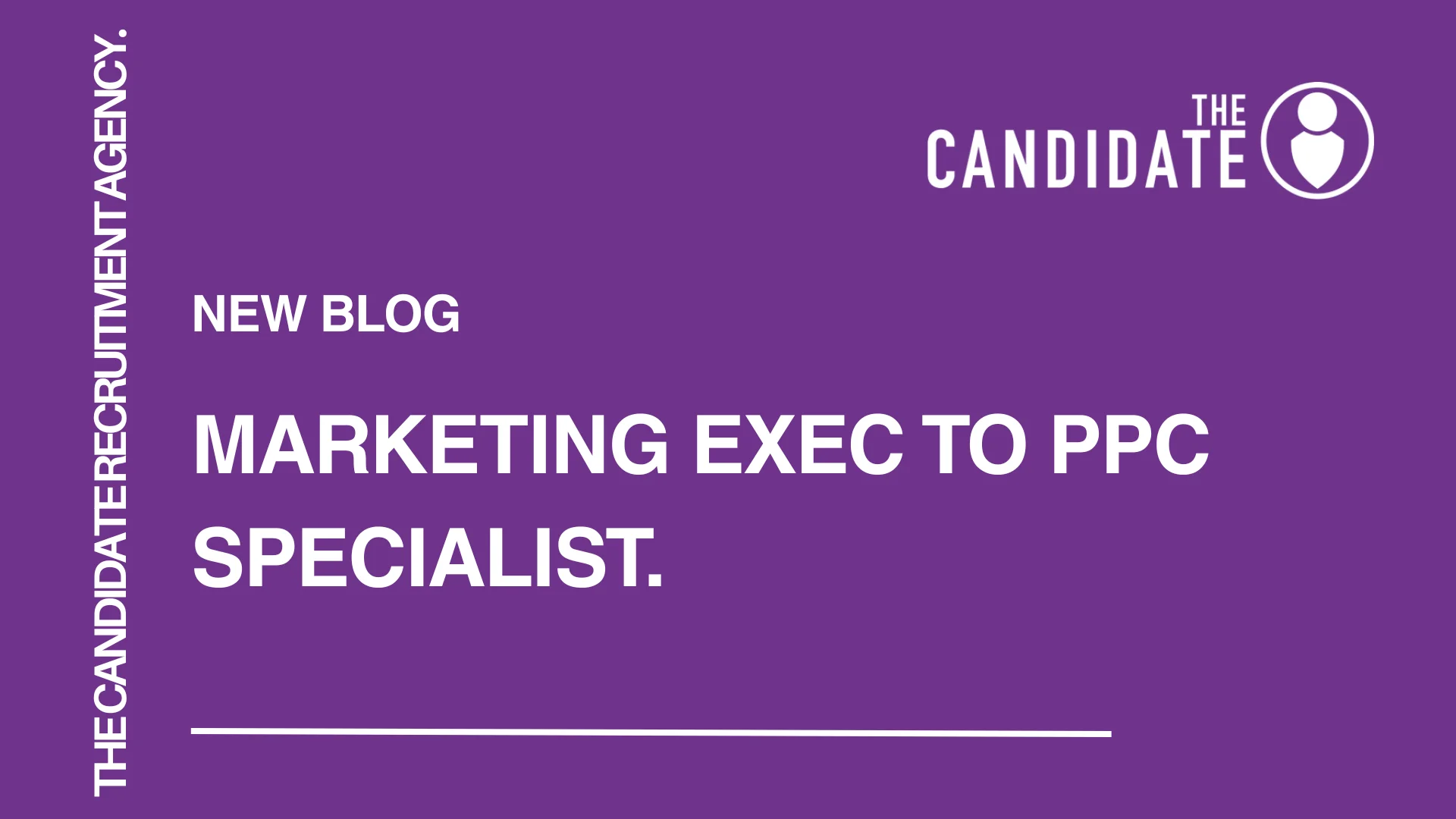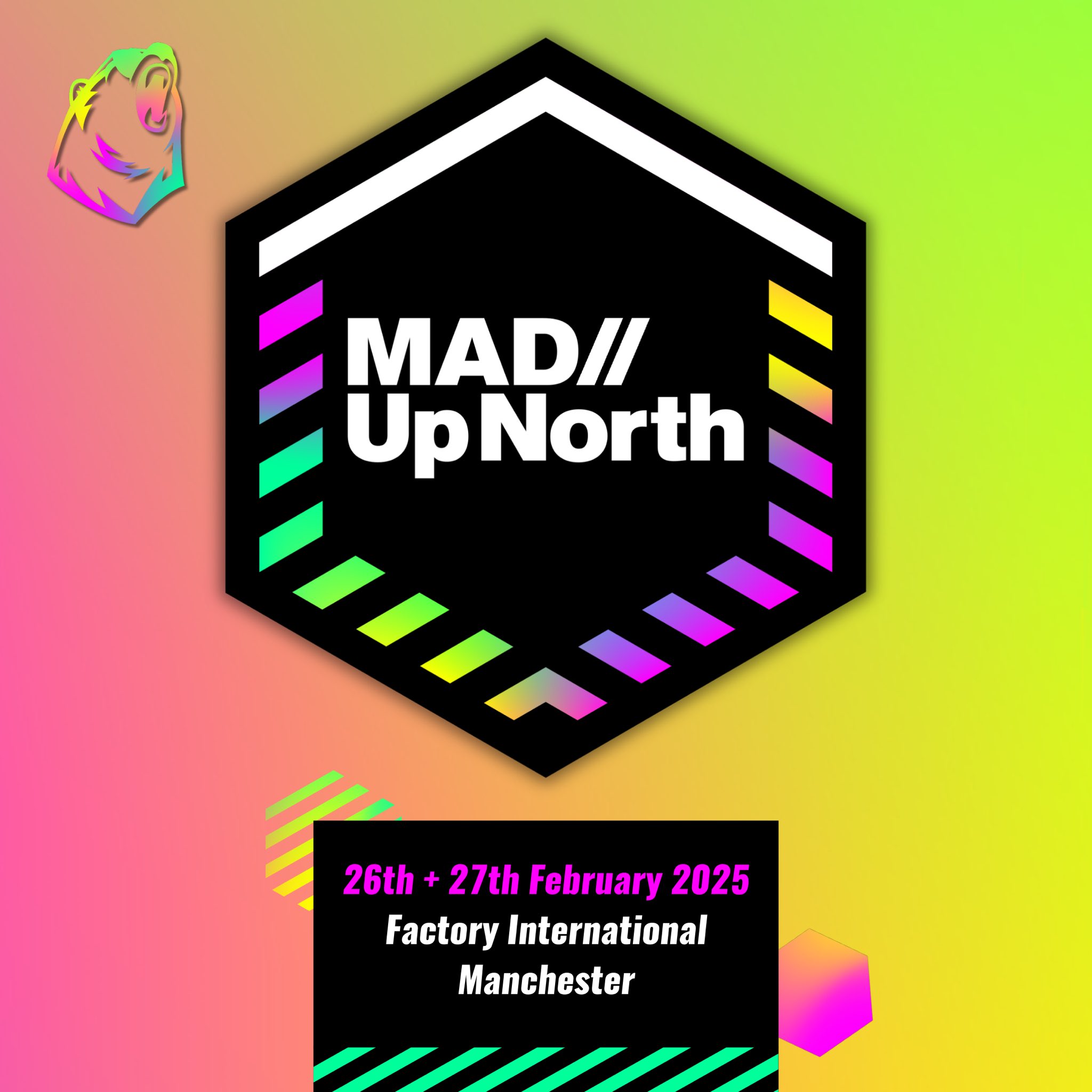We recently caught up with Molly Evans, who works as the Head of Data and Insight at media agency Ello, to discuss gender representation in data, how this has impacted her career, and her thoughts on the future of women in STEM (science, technology, engineering and maths) jobs.
Molly EvansEllo

Hi Molly! Could you talk us through your career experience?
I’ve worked in a mixture of agency and in-house roles, originally in data planning and analytics then more recently building data and insight teams and driving culture shift for companies who want to be more data-driven.
Do you think that there is a balance of gender representation in your field?
In my experience, data still tends to be a very male dominated area - this correlates with the stats from organisation Women in Data who report that women are outnumbered 4 to 1 in analyst and scientist roles. If I think back to being an undergraduate maths student, that difference was even more pronounced and we regularly see this demographic reflected further down the pipeline at conferences, on panels and in recruitment pools. I think the conversation is changing though, and I’ve been lucky to work with and learn from some brilliant people. I’m excited to see where things can go as we all make more conscious efforts towards diversity.
Women in DataDo you think there have been any challenges in your career because you are female?
We’re all aware there are universal challenges experienced by women and non-binary people across most industries, but it’s interesting to look at how these can play out specifically in the context of data roles - for example, if we think about the binary stereotype that men are “logical and rational” while women are more likely to be “emotional and creative”. It’s easy to imagine how this can place additional pressure on women to emphasise their logical or analytical traits as a way to demonstrate competence in data careers. But speaking with confidence and authority on something outside of these gendered expectations can lead to women being perceived as “cold” or “overbearing” - it’s a catch-22. Of course, the reality is that the best analysts (and leaders) of any gender are those who make good use of a whole spectrum of skills, including emotional intelligence and creativity hand in hand with logic and reason. Breaking down our binary expectations can benefit people of all genders and bring out the best in all our work.
Do you think there have been any benefits?
I think bringing diverse perspectives is always an advantage for any data team. Data science isn’t an impartial discipline and the human influence on everything from data gaps to interpretation has a huge impact. I’ve had the advantage of bringing underrepresented experiences and perspective, and I hope that also helps me make more space for people with experiences outside of my own. A more intersectional approach to diversity in data teams can help us move beyond gender when we think about the biases we might not spot in our work.
What change are you hoping to see in the next 12 months?
There’s a lot of brilliant work that centres around coaching and mentoring women in STEM, but I’d also love to see more focus on how we can make organisations themselves more accessible and inclusive for a diverse workforce. The pandemic has disrupted so much of what we previously took for granted about how we live and work - I’m hopeful this creates some opportunities for 2021 to rethink and challenge the ways we’ve previously done things.
Could you recommend any reading for people who want to learn more about gender diversity in data?
Invisible Women by Caroline Criado Perez is a good introduction to gender data gaps, or “exposing data bias in a world designed for men” as it says on the cover. I’m currently reading Data Feminism by Catherine D'Ignazio and Lauren F. Klein which was recommended to me by a friend - it’s intersectional and well-structured with some clearly actionable points.
Invisible Women by Caroline Criado Perez Data Feminism by Catherine D'Ignazio and Lauren F. KleinThank you Molly!
Do you have any recommendations to encourage others to learn about gender equality and diversity? Or any schemes to encourage women to take up STEM roles? Please let us know!
Fancy a new analytics challenge? Click here!
Click here!Check out all our job opportunities in Technology here!
here!Read our latest news here.Check out our digital jobs here.
Learn more about our marketing roles here.
here.If it’s creative roles that you are after, click here.
Progress your career with a brand new Contract role? Click here!
Click here!
To get the very latest jobs, news and blogs follow The Candidate on Linkedin here!
The Candidate on Linkedin here!


